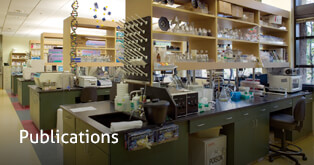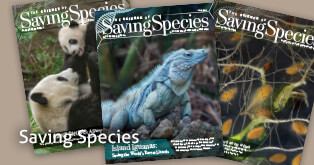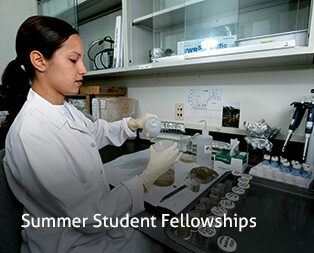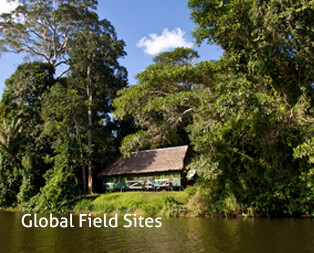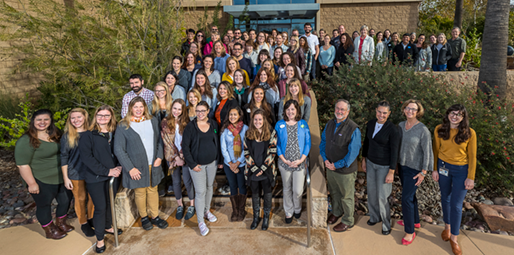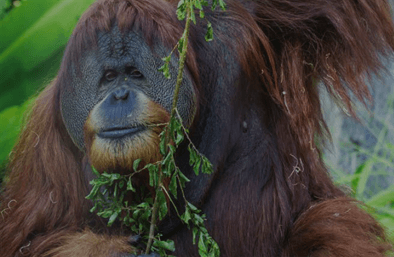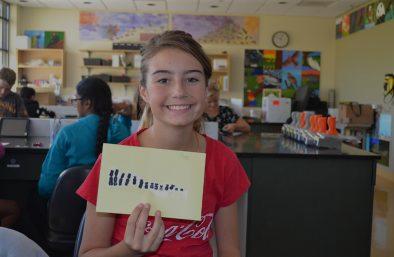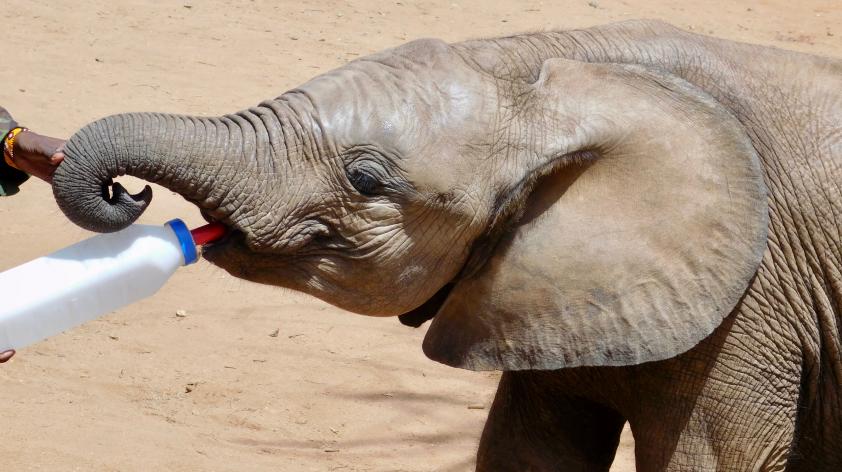
Infrastructure development at Reteti Sanctuary
Since its establishment in 2015, Reteti Elephant Sanctuary has grown in all directions. Reteti is now home to 14 calves and 52 permanent staff with construction of a new workshop, staff accommodation, store and laboratory all underway.
San Diego Zoo Global is very proud to have provided support to Reteti from the beginning and is gratified to see how its support is helping the well-being of the elephants. The advanced infrastructure at Reteti elephant sanctuary allows for maximum efficiency in dealing with elephant calves, both for new arrivals and the 14 older calves who call the sanctuary home.
Upon arrival at the Sanctuary, the new rescued calf is taken immediately to the quarantine unit situated in a quiet, shady area behind the bedroom quarters for the older elephant youngsters. Here, a para-vet will carry out a full examination of the calf.
Both para-vets based at Reteti have received training from SDZG vets and are working under the instruction of Kenya Wildlife Service veterinarians Matthew Mutinda and Stephen Chege. Blood, urine and dung samples are taken and analysed at the Reteti laboratory. From these, the team is able to determine whether the calf is suffering from any type of infection and acts accordingly.
Having lost their mother and families, often a new rescue suffers from high levels of stress, which creates ulcers in the stomach of the young elephants.
Once the health of the calf is established, the Reteti team works to reduce the stress levels of the young calf. The young elephant will be watched around the clock, with keepers rotating every three to four hours and getting it used to nursing care and the bottle.
Moses the Sanctuary Manager explains that the calf will be fed every three hours but this often depends on the condition of the calf, as some take longer to accept the bottle. Once the calf is feeding regularly and stress levels have decreased, the calf will move to the communal stables and meet their new family, the herd.
Typically, a new rescue will stay in the quarantine unit anywhere between four days up to two weeks.
The elephant bedrooms are the epi-centre of Reteti. It is where the main herd sleep, eat and play. The enclosed area has a home-made mud bath, trees to rub against, sand to roll in, water, and most importantly their house! Constructed in 2015 with SDZG support, there are currently eleven elephants living here making up the main herd with three of the eldest boys living separately.
The bedrooms are split up into seven partitions where the seven youngest calves sleep, the four largest, including Shaba and Bawa, sleep outside in the compound.
With a raised platform, the keepers are able to keep an eye on their young protégées 24/7. This aerial view is particularly useful when a new calf has joined the herd allowing the team to monitor both the calves behaviour and health. Like humans, the calves all have their own personalities, some calves are social, some are not!
Pokot for example far prefers the company of the keepers to other elephants. Matiba Lolkoloi, a keeper explains “Pokot is never in a hurry, he feeds slowly and is never rough but he is not very sociable with the other elephants.”
Shaba, the eldest of the eleven calves has been extremely interesting to watch and monitor for the Reteti team, every time a new calf has been introduced to the herd she has taken over the role of the keeper looking after the newest recruit to her herd. She ensures it is allowed to access the water and that it will not get knocked about. All this behaviour is monitored and recorded and logged onto an app created by Vulcrum.
A little out of sight of the main compound is the "Boys Club" barn. Here, the three largest males Sosian, Woragus and Ilngwesi live. They have been living in their new bedrooms since last August in preparation for their release back into the wild.
Over the past few months their bottle feeds have been reduced, their walking distance increased, and contact with humans minimized. Only three keepers come into contact with them and their afternoon feed now takes place out in the bush. Moses tells me there has been real marked difference in their behavior since August, and they are no longer nearly as social as they were.
All this infrastructure allows for the Reteti team to deal with the needs and wants of every individual elephant. San Diego Zoo Global is very proud to see its support helping the Reteti team monitor and look after these young elephants in northern Kenya.
Isabelle Parsons is a SDZG consultant to Population Sustainability, Kenya Program in country coordinator.

